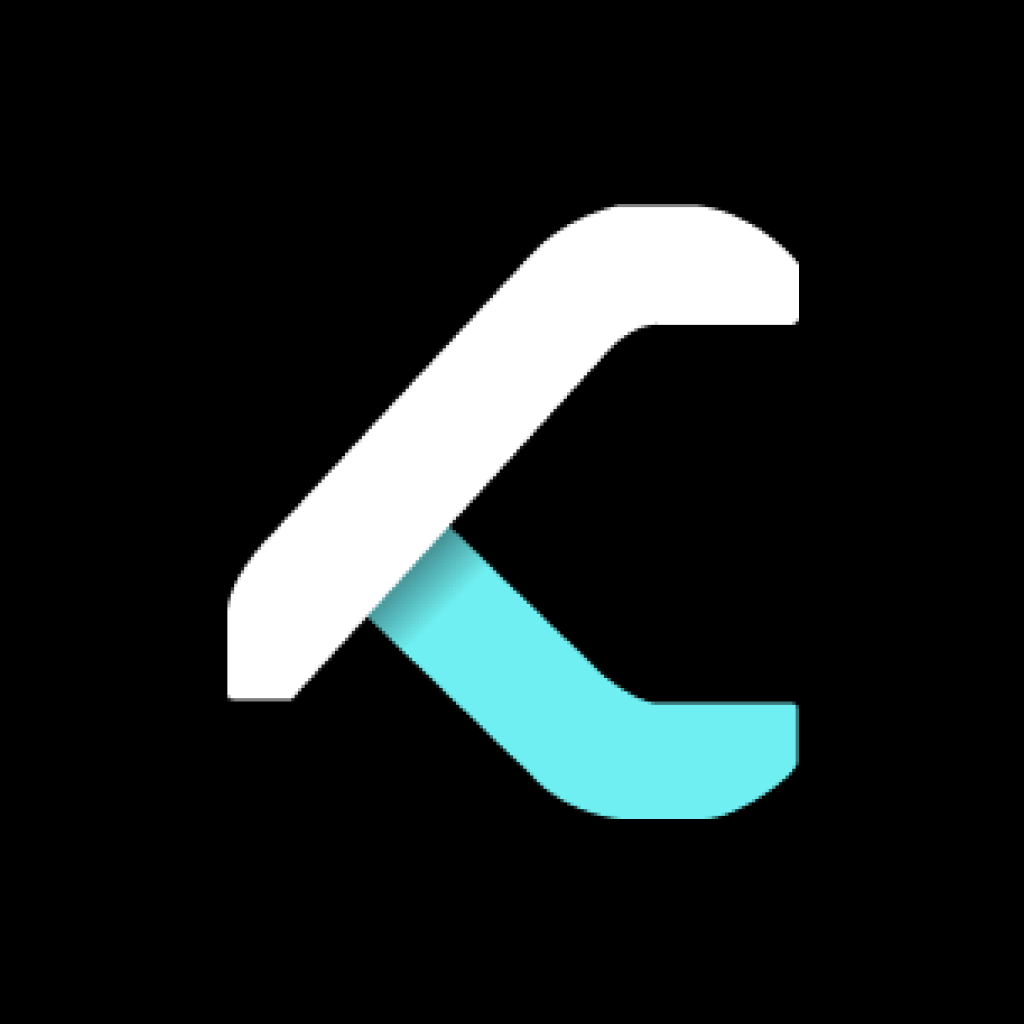This is the legacy documentation for our original platform, Cades. Our platform has evolved significantly since then to offer both app and website creation capabilities. Find the new documentation here.
Initial Setup
Step 1: Designing with Cades
First, describe your app idea to Cades and let it generate the initial screens.
For VideoGPTAI, the following screens were created:
- Home Screen (template selection)
- Library Screen (user’s videos)
- Review Screen (video preview)
- Settings Screen (user profile)
- Login Screen (authentication)
Finalize Designs & Generate Code button to generate the code for your mobile app.
Step 2: Understanding the Code Structure
Understanding Generated Code Structure
When you generate code from your designs, you get a complete Flutter project structured in a way that’s easy to work with. In the
lib folder, we have these main parts:
- common: This folder contains shared elements like app constants, which are used throughout the app to maintain consistency and avoid hardcoding values.
- pages: This folder contains all our screen designs. Each screen is represented by a Dart file, making it easy to manage and update individual screens.
- styles: This folder includes our theme file, which keeps all our design choices consistent across the app. It defines colors, fonts, and other styling elements.
- main.dart: This is the entry point of the app, where all the components are connected and the app is initialized.
Step 3: Basic Project Configuration
Configure your app’s identity with the following prompt:The project package name should match with the name of the android app in firebase console. In this case, it is
com.videogptai.android.
